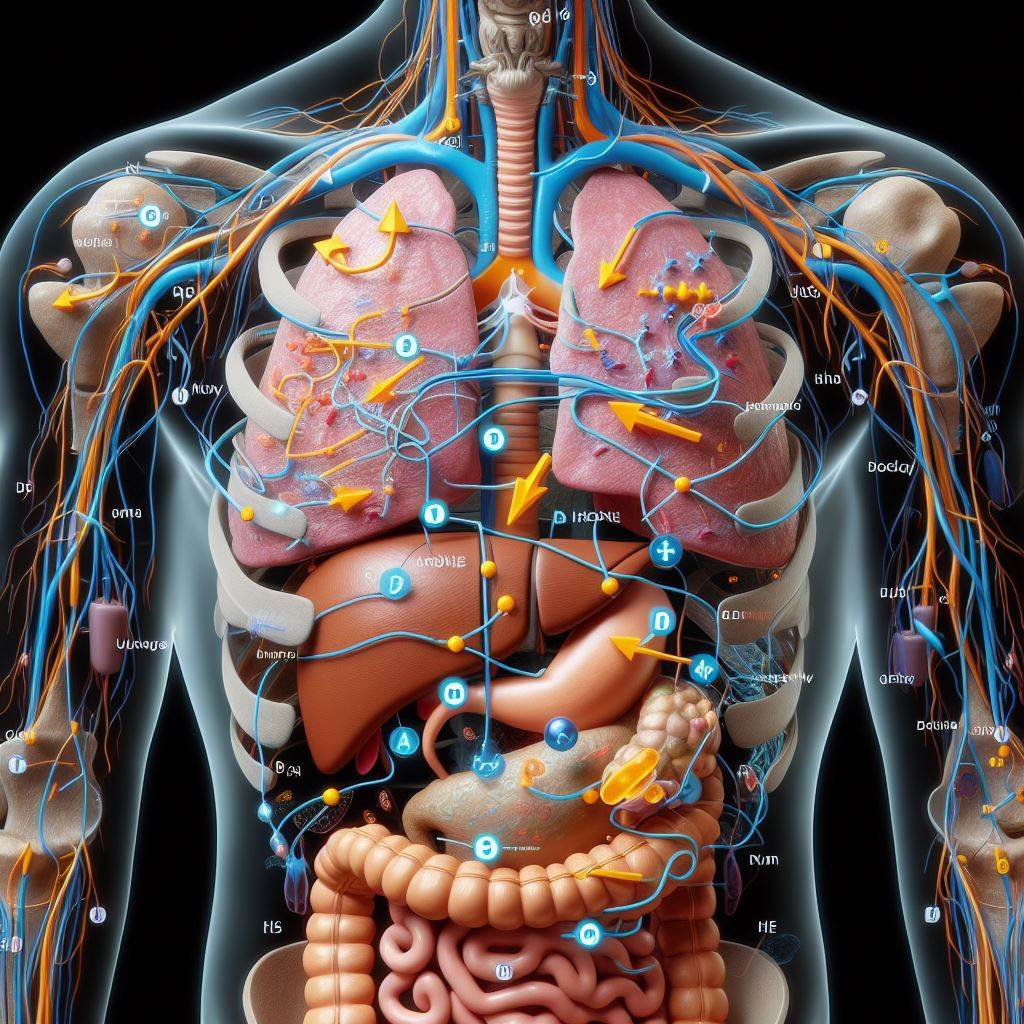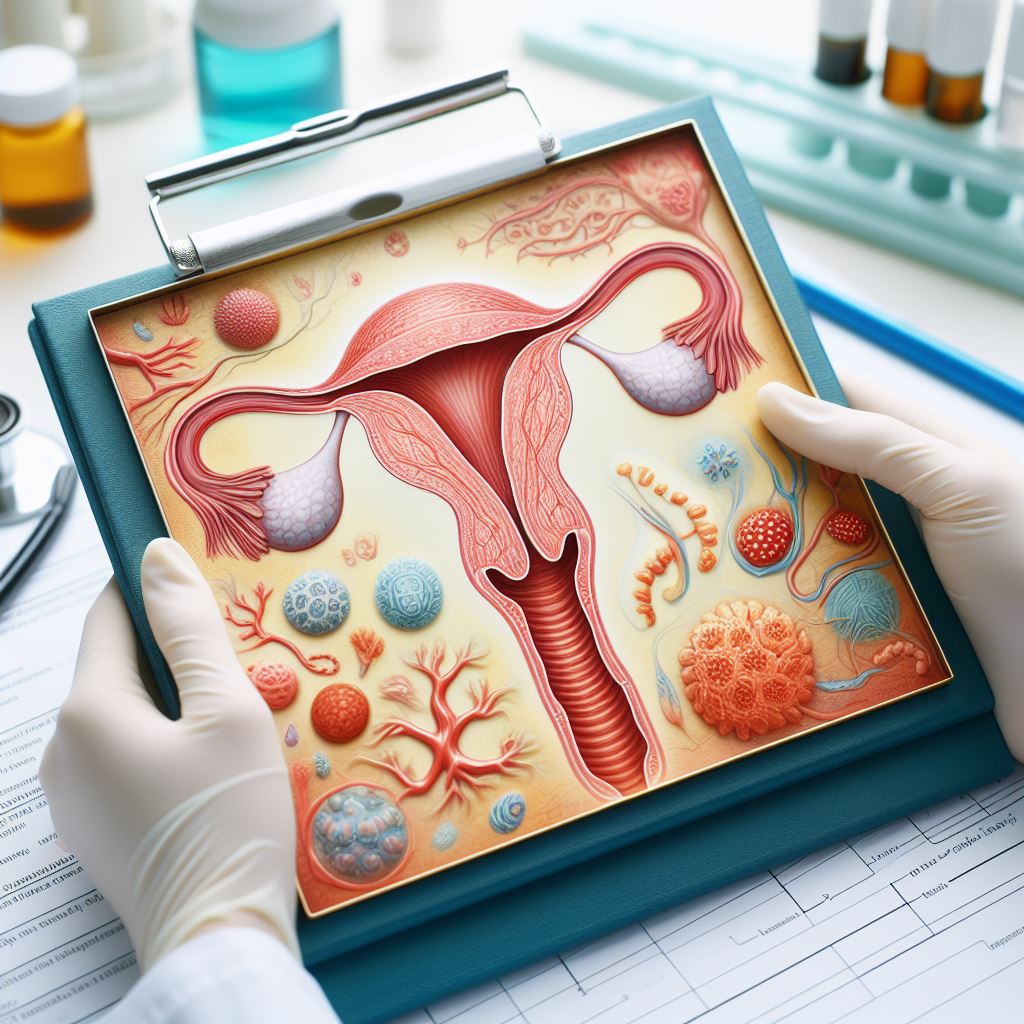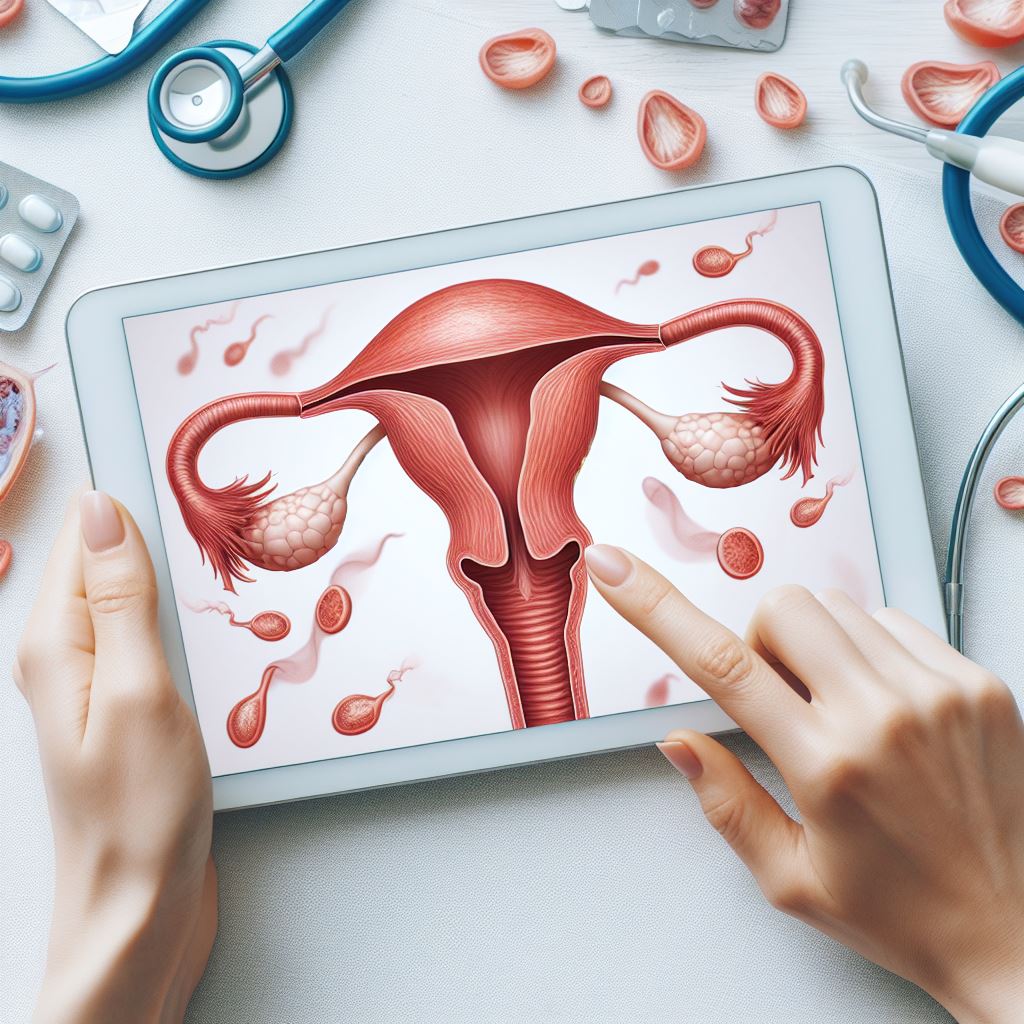Introduction
If you are a woman who is struggling to conceive, you may wonder if you have an endocrine disorder that is affecting your fertility. Endocrine disorders are conditions that affect the glands and hormones in your body, which regulate many functions such as metabolism, growth, reproduction, and mood. Some of the most common endocrine disorders that can impair female fertility are polycystic ovary syndrome (PCOS), thyroid disorders, and diabetes. In this blog post, we will explain what these disorders are, how they affect your fertility, and what you can do to improve your chances of getting pregnant.
What is PCOS and how does it affect fertility?
PCOS is a condition that causes hormonal imbalance, irregular periods, and multiple cysts on the ovaries. Women with PCOS often have high levels of androgens, which are male hormones that can interfere with ovulation and egg quality. PCOS is one of the most common causes of infertility in women, affecting up to 10% of women of reproductive age.
PCOS can affect your fertility in several ways:
- It can prevent you from ovulating regularly or at all, which means you have fewer chances of getting pregnant each month.
- It can reduce the quality of your eggs, which can affect fertilization and implantation.
- It can increase the risk of miscarriage, especially in the first trimester.
- It can cause insulin resistance, which can lead to weight gain, diabetes, and other health problems that can affect your fertility.
What are thyroid disorders and how do they affect fertility?
Thyroid disorders are conditions that affect the thyroid gland, which is a butterfly-shaped organ in your neck that produces thyroid hormones. These hormones control your metabolism, body temperature, heart rate, and other functions. Thyroid disorders can be classified into two types: hypothyroidism and hyperthyroidism. Hypothyroidism is when your thyroid gland does not produce enough thyroid hormones, while hyperthyroidism is when it produces too much. Both conditions can affect your fertility in different ways.
Hypothyroidism can affect your fertility by:
- Causing irregular or absent periods, which can make it hard to track your ovulation and plan intercourse.
- Reducing the quality and quantity of your cervical mucus, which can make it harder for sperm to reach the egg.
- Affecting the development and maturation of your eggs, which can reduce your chances of conception and increase the risk of chromosomal abnormalities.
- Increasing the risk of ovulatory dysfunction, luteal phase defect, and miscarriage.
Hyperthyroidism can affect your fertility by:
- Causing irregular or absent periods, which can make it hard to track your ovulation and plan intercourse.
- Increasing the risk of ovulation disorders, such as premature ovarian failure or early menopause.
- Affecting the quality and quantity of your cervical mucus, which can make it harder for sperm to reach the egg.
- Increasing the risk of miscarriage, preterm delivery, and preeclampsia.
What is diabetes and how does it affect fertility?
Diabetes is a condition that affects the way your body uses glucose, which is a type of sugar that is the main source of energy for your cells. Diabetes can be classified into two types: type 1 and type 2. Type 1 diabetes is when your pancreas does not produce enough insulin, which is a hormone that helps your cells absorb glucose from your blood. Type 2 diabetes is when your cells become resistant to insulin, which means they do not respond well to it. Both types of diabetes can affect your fertility in different ways.
Diabetes can affect your fertility by:
- Causing irregular or absent periods, which can make it hard to track your ovulation and plan intercourse.
- Affecting the quality and quantity of your cervical mucus, which can make it harder for sperm to reach the egg.
- Increasing the risk of infections, such as yeast infections or urinary tract infections, which can affect your vaginal health and fertility.
- Increasing the risk of complications, such as gestational diabetes, macrosomia, birth defects, and stillbirth.
How can you improve your fertility with endocrine disorders?
If you have an endocrine disorder that is affecting your fertility, you may feel frustrated and hopeless. However, there are some steps you can take to improve your chances of getting pregnant. Here are some tips:
- Consult your doctor. Your doctor can diagnose your condition, prescribe medication, and monitor your hormone levels. Your doctor can also refer you to a fertility specialist, who can offer you more options, such as ovulation induction, intrauterine insemination (IUI), or in vitro fertilization (IVF).
- Manage your weight. Being overweight or underweight can affect your hormone balance and your fertility. Aim for a healthy body mass index (BMI) of 18.5 to 24.9. You can achieve this by eating a balanced diet, exercising regularly, and avoiding extreme diets or weight loss programs.
- Manage your stress. Stress can affect your hormone levels and your fertility. Try to reduce your stress by practicing relaxation techniques, such as meditation, yoga, or breathing exercises. You can also seek support from your partner, family, friends, or a therapist.
- Quit smoking and limit alcohol. Smoking and alcohol can harm your fertility and your health. Smoking can damage your eggs, reduce your ovarian reserve, and increase the risk of miscarriage. Alcohol can affect your hormone levels, interfere with ovulation, and increase the risk of birth defects. Quit smoking and limit your alcohol intake to no more than one drink per day.
- Take supplements. Some supplements can help improve your fertility and your health. For example, folic acid can prevent neural tube defects, omega-3 fatty acids can improve egg quality, and vitamin D can support your immune system. However, before taking any supplements, consult your doctor to make sure they are safe and effective for you.
Conclusion
Endocrine disorders are common conditions that can affect your fertility and your health. However, they are not insurmountable obstacles. With proper diagnosis, treatment, and lifestyle changes, you can improve your chances of getting pregnant and having a healthy baby. Remember, you are not alone in this journey. Seek help from your fertiltiy coach, your partner, and your support network. You can also join online communities, where you can find information, advice, and support from other women who are going through similar experiences. You can do this!






